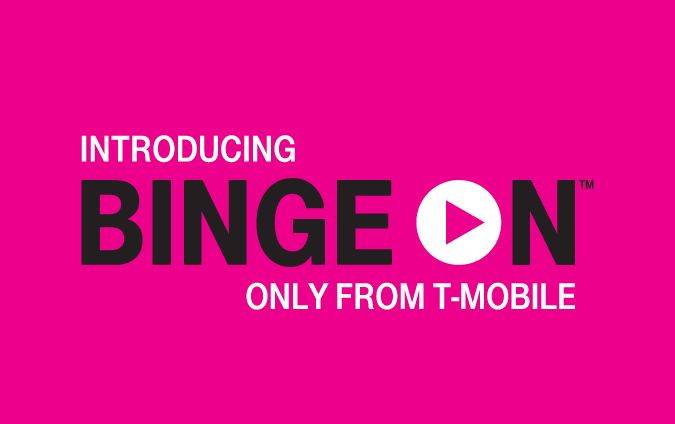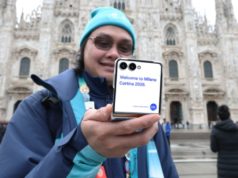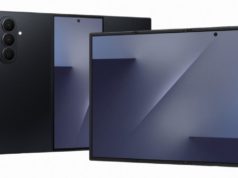The Federal Communications Commission (FCC) is asking several mobile carriers to provide it with more information about how their free-data streaming offers relate to the agency’s goal of “maintaining a free and open Internet.” The FCC’s Wireless Telecommunication Bureau sent inquiry letters yesterday to AT&T, Comcast and T-Mobile.
All three companies have been promoting programs whereby customers can stream some video and other content without having that traffic count toward their monthly data plan allowances. The FCC said its informal inquiry seeks to better understand those programs in light of concerns that such so-called “zero-rating” services might favor some apps or content providers over others.
With an historic 3-2 vote for its Open Internet Order in February, the FCC indicated its support for rules that ensure an even playing field for network access. To review how the mobile carriers’ free-data offerings fit within that goal, the agency is asking them to “make available relevant technical and business personnel for discussions” no later than January 15.
‘May Create Skewed Incentives’
Zero-rated content poses a conundrum for advocates of a free and open Internet. On the one hand, mobile Internet users tend to welcome the ability to access high-traffic content like video streaming without having to worry about reaching or passing their monthly data limits.
On the other hand, regulators worry that such offers — especially when tied to particular apps or sponsors — might in effect create an Internet “fast-lane” that favors some content providers over others, something the Open Internet Order aims to prevent.
A 2014 summary by the United Nations’ Internet Governance Forum (IGF), for example, noted that opinions of zero-rating content vary widely, with a significant difference in perspectives between developed and developing economies.
“One of the main arguments in favor of zero-rating is that it brings down the cost of access to information in less developed countries,” said Matthew Shears of the Center for Democracy and Technology in a proposal for an IGF workshop on the topic. “Zero-rating can also be viewed as requiring discrimination among online content and service providers and may create skewed incentives for subscribers to access the ‘free’ services of identified partners instead of competing services.”
Continued Open Internet Challenges
AT&T bills its sponsored data offering, Data Perks, as a program that lets customers “browse, stream and enjoy content from our data sponsors without impacting their monthly data plan allowance.” Comcast, meanwhile, offers a Stream TV service that lets Xfinity subscribers stream videos without affecting their monthly data limits, and T-Mobile promotes a “Binge On” service with unlimited streaming for some customers.
FCC Chairman Tom Wheeler said yesterday that the letters to the three carriers were sent so the commission can set up discussions “about some of the innovative things that they are doing.”
Meanwhile, the FCC’s Open Internet Order continues to face legal challenges, and was the subject of a hearing earlier this month in U.S. appeals court. Congressional Republicans this week also tried unsuccessfully to include anti-Net Neutrality language in an Omnibus budget bill that was released on Wednesday.







